WHAT IS INFORMATION, DATA AND MEDIA LITERACY?
1.8
The six basic principles of the ACRL Framework
The last chapter briefly mentioned the six basic principles of the ACRL (Association of College & Research Libraries) Framework. This section will now examine these in more detail by presenting the associated practical knowledge and attitudes.
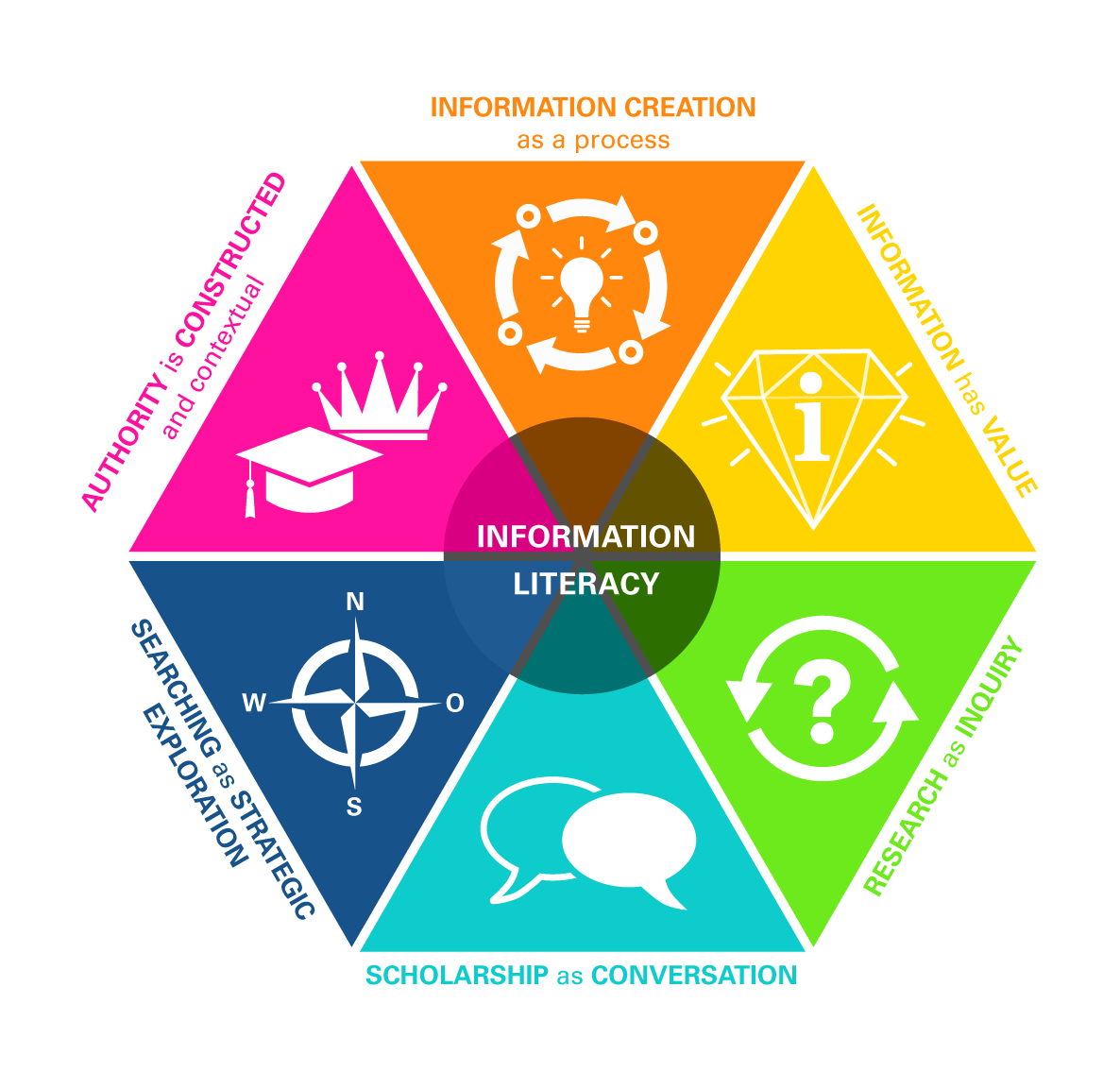
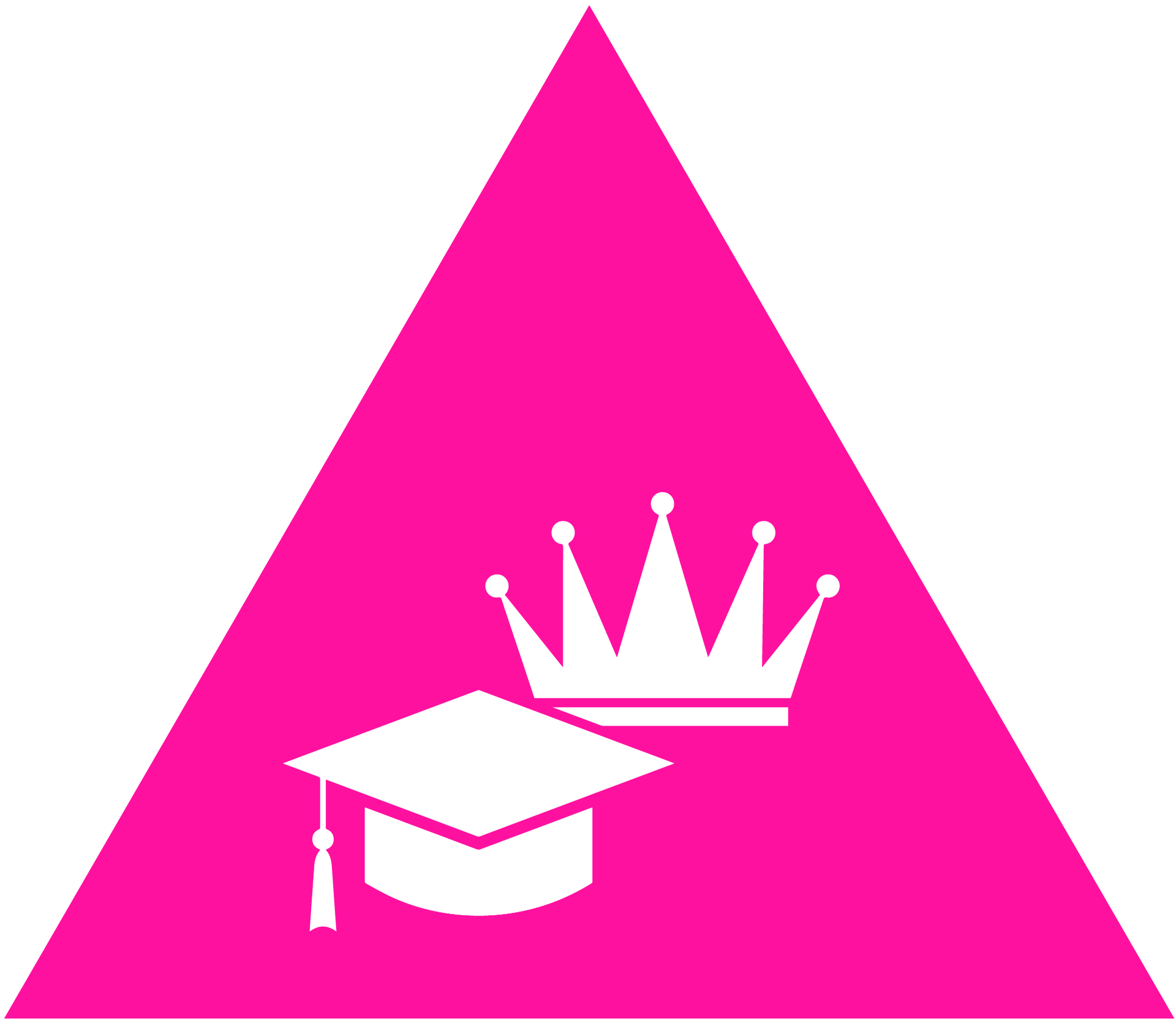
Authority Is Constructed and Contextual
Knowledge practices
- Define different types of authority.
- Determine the reliability of sources.
- Understand how authority is established in various disciplines.
- Recognize that there are different authorities, depending on media type.
- Recognize the responsibility of authorities and your own.
- Understand the interplay and change of authorities.
Dispositions
- Be open to different perspectives.
- Find standard information from authorities.
- Look at information critically and without prejudice.
- Question authority.
- Be critical of yourself.
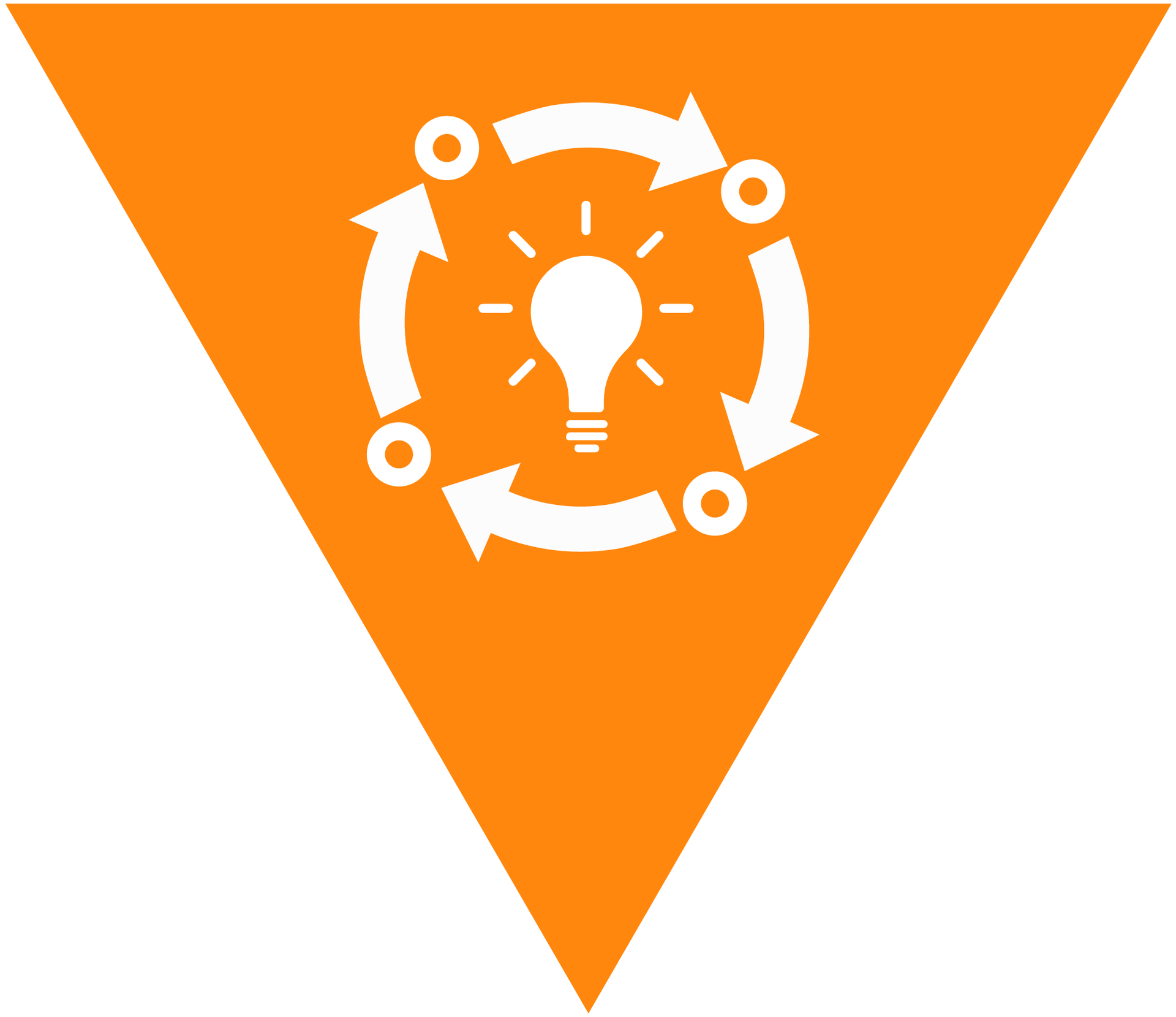
Information Creation as a Process
Knowledge practices
- Know the possibilities and limitations of information.
- Evaluate information also on the basis of its creation process.
- Know the processes for creating and disseminating information in different disciplines.
- Recognize the implications of information formats that contain static or dynamic information;
Dispositions
- See the characteristics of information created through the information process.
- Recognize the power of finding an appropriate source of information for a specific requirement.
- Accept the different formats of information.
- Accept complexity.
- Understand the different ways of disseminating information.
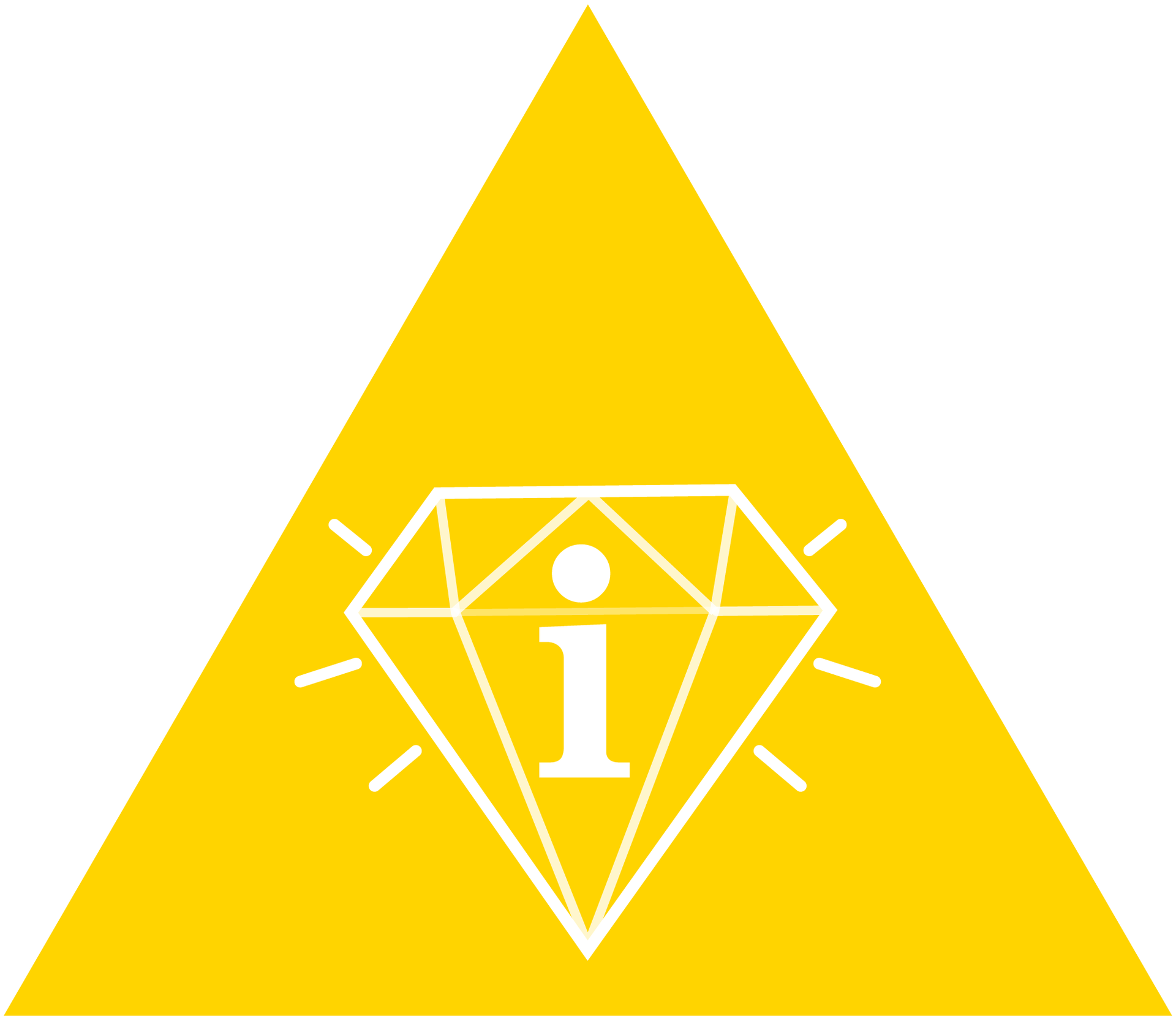
Information Has Value
Knowledge practices
- Quote correctly.
- Understand the importance of intellectual property.
- Understand copyright and open access.
- Understand the consequences of lacking or restricted access to information.
- Decide what information to publish, where and how.
- Use your information responsibly.
Dispositions
- Respect intellectual property.
- Recognize that creating information requires skills, time and effort.
- See yourself as a provider and disseminator of information, not just a consumer of it.
- Be aware of your own privileges when dealing with information.

Research as Inquiry
Knowledge practices
- Formulate search queries.
- Determine the scope of investigation.
- Break complex questions into simple ones.
- Use different research methods.
- Keep track of the information gathered.
- Organize information in a meaningful way.
- Draw ideas from different sources.
- Draw reasonable conclusions based on careful analysis of information.
Dispositions
- View research as an open-ended exploration.
- Be aware that a question may be more complex than it first appears.
- Be curious.
- Be open and critical.
- Be persistent and flexible in the research process.
- Take different perspectives.
- Seek support when needed.
- Follow ethical and legal guidelines.
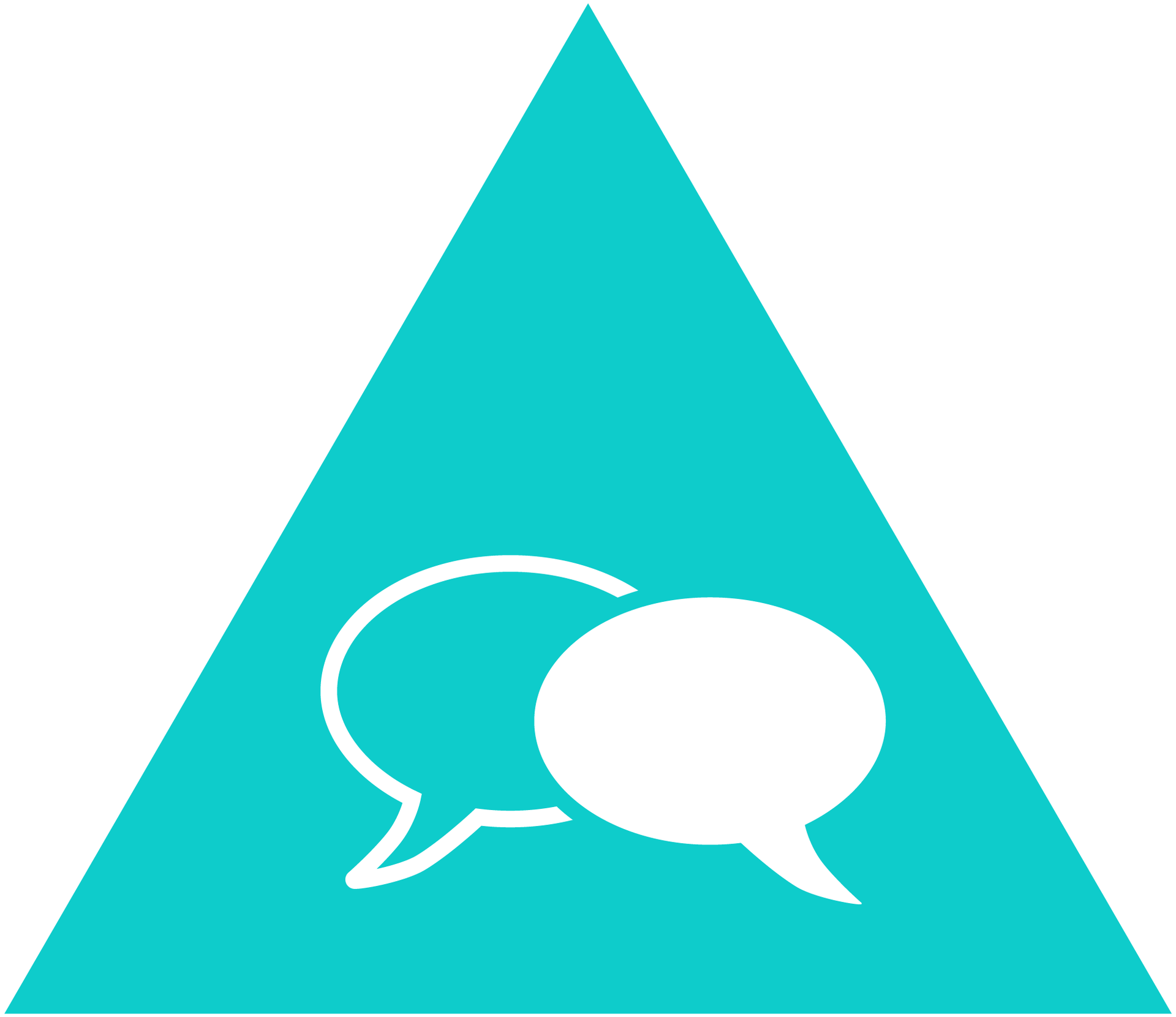
Scholarship as Conversation
Knowledge practices
- Acknowledge the contributions of others.
- Participate in scientific exchange in an appropriate way.
- Identify barriers to scientific exchange.
- Critically evaluate the contributions of others.
- Recognize changes in science over time.
- Recognize that there is more than just one view.
Dispositions
- Recognize science as an ongoing conversation.
- Seek out conversations taking place in your discipline.
- Contribute actively to scientific conversations.
- Recognize that scientific conversations takes place in different formats.
- Judge carefully and in context.
- Understand the responsibilities that comes with entering the scholarly conversation.
- Appreciate and evaluate your own contributions.
- Recognize that knowledge is a prerequisite for participation and engagement.
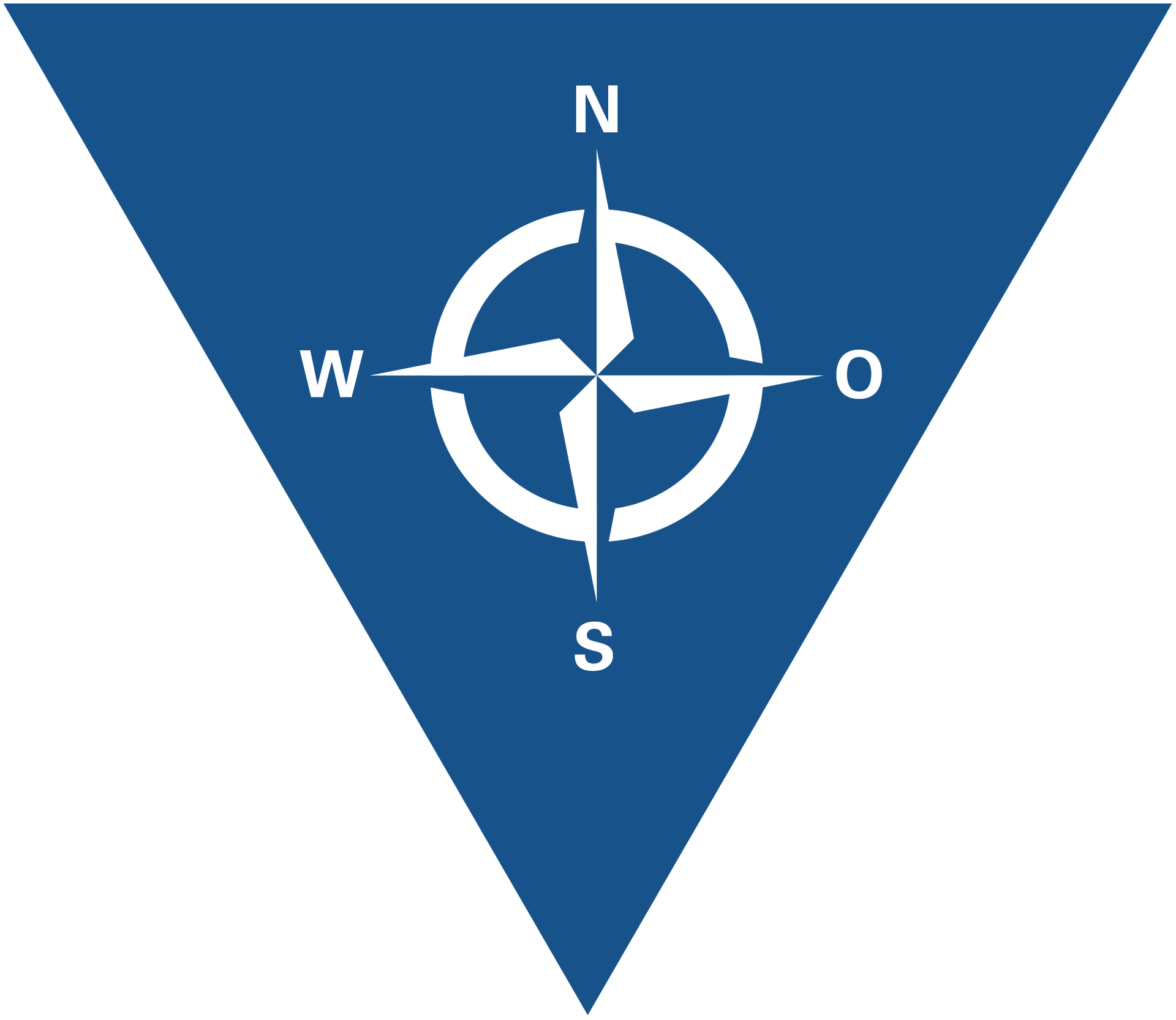
Searching as Strategic Exploration
Knowledge practices
- Determine your information needs.
- Find and access appropriate sources of information.
- Choose appropriate search strategies and tools according to your information needs.
- Adapt the search strategies according to the results.
- Understand how information systems work.
- Manage search processes and results.
Dispositions
- Show flexibility and creativity.
- Understand the recursive nature of research.
- Be aware that information sources have varying relevance and value.
- Seek guidance from experts.
- Recognize the value of browsing and serendipity. vSee research as a challenge.
The ACRL Framework does not see information literacy education simply as acquisition of knowledge and practical experience. Rather, it is a holistic view of the handling of information in professional and social life.
Literatur
Association of College & Research Libraries (2015). Framework for Information Literacy for Higher Education. Retrieved from: http://www.ala.org/acrl/standards/ilframework (02.12.2021).
License
Universität Basel
